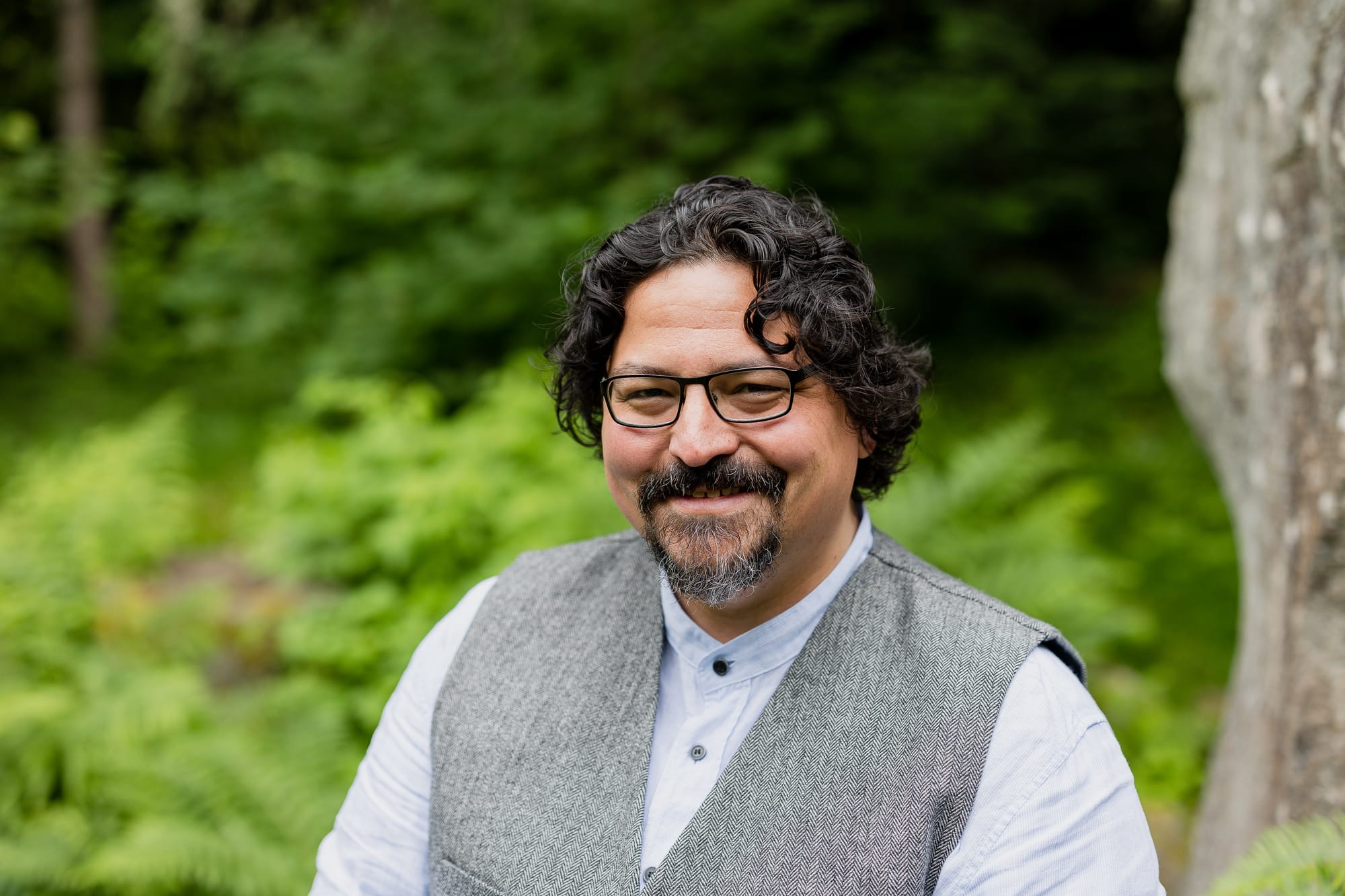I’ve consulted full-time for 20 years, working alongside clients in technology, finance, healthcare, the social sector, and government.
- My goal is to reduce suffering and wasted effort in the workplace.
- Key methods include continuous improvement, group facilitation, workshop design, strategy deployment, and change management.
- A typical project involves sequencing activities into a structure that helps you meet your objective, with room for learning along the way.
Organizations I’ve worked with
It’s been my pleasure to help clients in a broad variety of organizations—from Fortune 500 companies to county governments, from charitable foundations to ‘legacy’ media.

Whatever their field, my clients bring difficult problems to work through, curiosity about underlying causes of suffering, and a readiness to try something new.
Brian’s consulting story (short version)
I started my first independent consulting project as a distraction from grad school, and it quickly turned into my chosen way of working. I’ve been consulting ever since—for about a decade as an independent consultant, and for another decade as a staff consultant or manager at a few consulting firms. My focus throughout has been to help my clients and their teams find their way across their most difficult challenges and unpleasant circumstances.
Personally, I love the feeling of being perhaps halfway through the career in which I hope to do this work, and to continue to support and learn from the increasingly far-flung and wonderful set of individuals I’ve done this work with, and for, and alongside.
Consulting résumé, case studies, etc., available upon request.
Brian’s consulting story (longer version)
I was born at a very young age. (Skipping ahead a bit.) After college I got a systems analyst job and enjoyed that for a few years. I went back to school for a Master of Science from the University of Michigan School of Information.
During grad school, I started doing project-based work, and I haven’t looked back. I spent 10 years as an independent technical consultant with emphasis on applying UX methods to increase the value of working software—my ‘changesets for dollars’ era. Eventually I got tired of laboring on projects that didn’t consistently make a dent in my clients’ organizations. Software is only sometimes the answer.
This interest in outcomes led me to learn about applying lean and continuous improvement methods in a variety of larger organizations. For the next 5 years, I worked alongside clients in the public and nonprofit sectors, using and mutating continuous improvement methods to directly benefit the public. Finally, over the most recent 5 years, I’ve practiced additional skills, including approaches to organizational development, change management, and ways to link strategy to measurement.
What I enjoy most about the work is helping people uncover mutually beneficial—often surprising—solutions to big problems. These solutions often originate from employees with lower status; I celebrate when their insights are heard, acknowledged, and realized. I look for ways of communicating and planning that take the usual bullshit, turn it upside down, and use it as fertile soil to grow something new.
Approach
This consulting practice has been one long ‘apprenticeship to the truth’, as Emerson put it. The school of hard knocks. I try many different approaches. I discard the ones that don’t work. I keep and refine the ones that do. All this in order to get the most meaningful and durable results for my clients. The most recent decade of this effort is documented on this website.
Training & certification
Here are the three training or certification programs I’ve found most beneficial. I broadly recommend to these to clients and colleagues alike:
- Technology of Participation (ToP) Facilitation Methods from the Institute of Cultural Affairs (ICA)
- Change Management Certification Program from ProSci
- Foundations of Humane Technology from Center for Humane Technology
On lean/continuous improvement training: most external certification programs train the wrong people at the wrong time. Instead of this, I help clients bring continuous improvement practices into what they already do. It’s cheaper and more durable.
Key stats
As of this writing, I’ve completed:
- 77 consulting engagements for
- more than 30 individual clients
- across a 20 year span.
Let’s talk about you
- Best fits: organizations willing to experiment, leaders grappling with uncertainty, teams ready for something different than they’ve done before.
- Timing: My availability is super limited through mid-2026, but contact me anyways. I’d love to assist you as I am able, and can introduce you to effective consultants who are available sooner.


